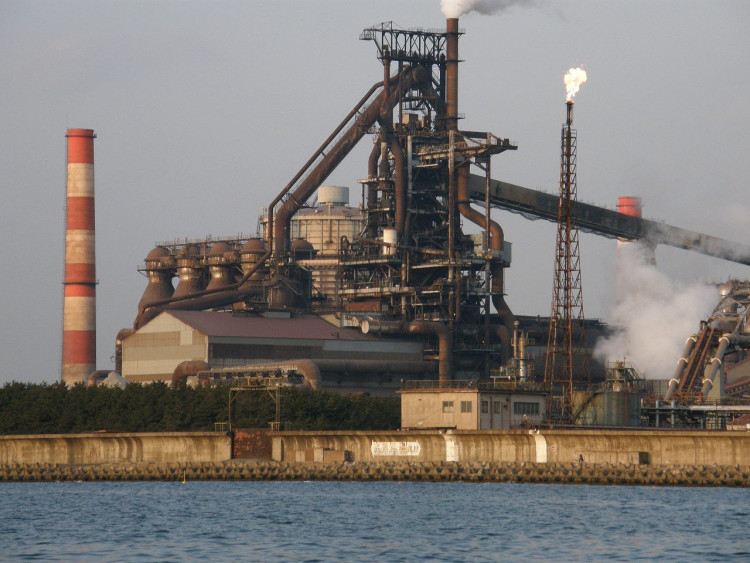Kobe Steel Ltd was ordered by the Tachikawa Summary Court in Tokyo on Wednesday to pay a fine amounting to 100 million yen for falsifying product quality data of its three plants in Japan.
The court found the company guilty of violating antitrust law by manipulating the product quality data at its plant where they sent 300 fabricated product certificates to its clients through September 2017. According to Kobe Steel's statement, after the court released its ruling, they are fully committed to implementing measures to prevent a similar incident from happening again and will introduce drastic reforms to win back trust.
According to the result of an internal investigation in 2017, aluminum and copper products were sent on a ship to more than 600 firms both in Japan and overseas. The products were used in the building of consumer-facing transportation hardware including commercial planes and bullet trains.
According to the investigation, the company said that they deliberately falsified durability and other data pertaining to the more than 600 products shipped to their clients in order to make it look like their products met their client's specifications.
The probe found that data was manipulated at 23 domestic and overseas plants. The company also admitted that not less than 40 of its employees were involved in the falsification practice which they said has been endemic in the company since the 1970s when it began at its Tochigi Plant.
Many companies including automakers, airplane manufacturers, defense equipment and Shinkansen bullet train makers were affected by the protracted scandal the manufacturing world faced locally and globally.
The Central Japan Railway and West Japan Railway, two major railway operators in Japan, reported that their Shinkansen bullet trains contained aluminum parts that did not meet industry standards from Kobe Steel.
The scandal caused railway operators to impose their own measures to repair the potentially faulty components. Kobe Steel was also found in fabricating data for aerospace and defense-related products. The scandal also affected manufacturers that include Toyota Motor Corp., Nissan Motor Co., Honda Motor Co., and major Japanese railway operators. As well as the General Motors Co., Ford Motor Co., Airbus, and Boeing Co.
The company was founded in 1905 and it has been a leading backbone of Japan's manufacturing sector. The scandal the company faced cast concern over corporate governance in the manufacturing industry of Japan and beyond. The scandal cast aspersions on the reputation of made in Japan products.





